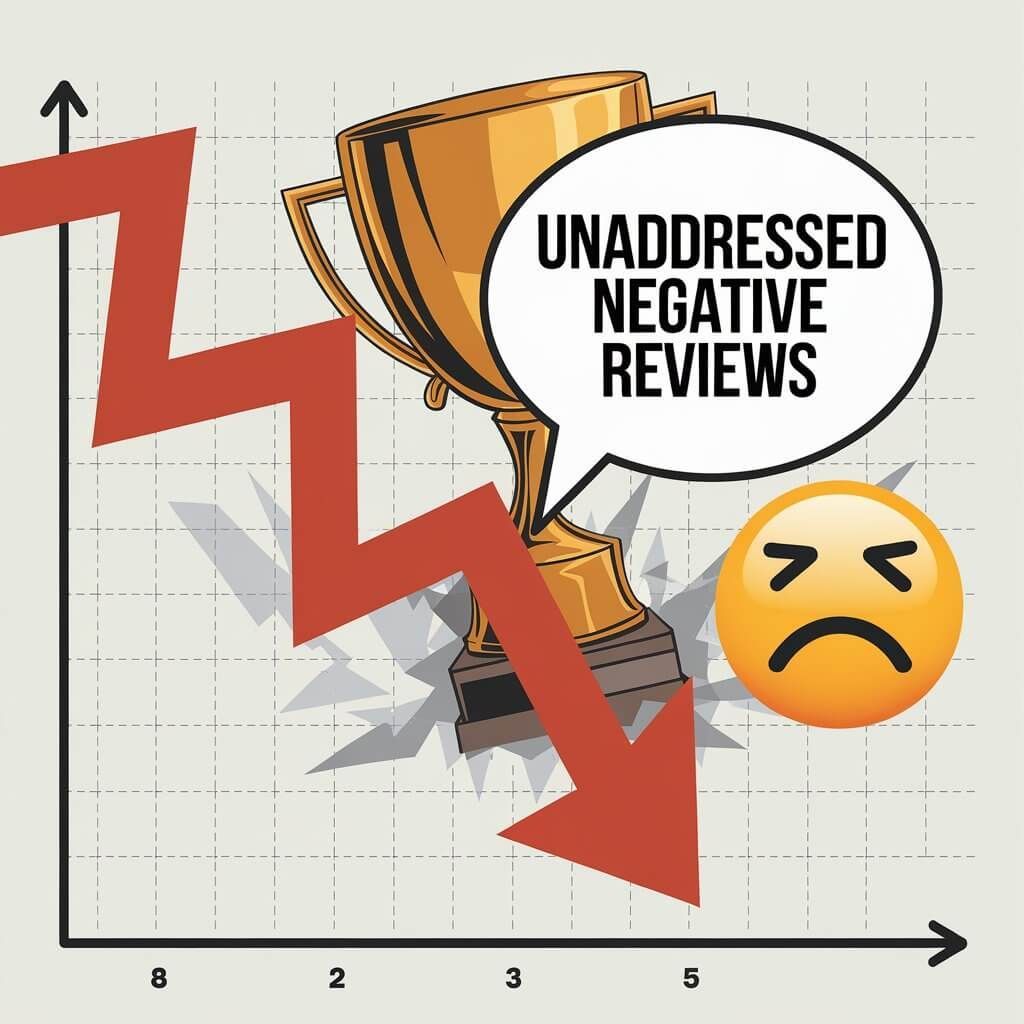Revenue Loss Due to Unaddressed Negative Reviews

In today’s competitive market, customer reviews are more than just feedback—they’re a crucial factor in shaping your brand's success.
In fact, nearly 90% of consumers read online reviews before making a purchase decision. Positive reviews can build trust, but a single negative review has the power to drive potential customers away, damaging your reputation and leading to lost sales.
Ignoring the impact of reviews can cost you more than just one transaction; it can tarnish your brand's image long-term and hinder your ability to attract new business.

Unaddressed negative reviews can have a severe financial toll on businesses.
A single dissatisfied customer sharing their experience online can influence dozens, if not hundreds, of potential buyers. When these reviews go unaddressed, they convey a message that the business needs to care about its customer satisfaction, which can erode trust and discourage new sales.
The damage to reputation builds up over time, ultimately leading to decreased customer acquisition and, consequently, a loss in revenue.
The revenue loss from negative reviews affects more than just the immediate sales opportunities that disappear. Businesses also lose future opportunities as prospective clients choose competitors who have better or more recent reviews. This can lead to a long-term setback in business growth, as customer confidence is one of the most critical factors in building lasting relationships. Over time, this reduced trust leads to lower customer loyalty, a weakened brand, and stunted market expansion.

Every business will face negative feedback at some point—it's just part of the journey. What truly matters is how you respond, which can be a game-changer.
By addressing complaints quickly and genuinely, you show customers that their concerns matter. This approach helps repair relationships and builds trust with potential customers who are watching how you handle issues. In the long run, it solidifies your business's reputation and customer loyalty.
Actively managing your reputation is more than damage control—it's about creating a narrative that reflects our shared values. Engaging with reviews, resolving problems, and celebrating positive feedback show that your business is committed to improvement. When customers see this, they're more likely to stay loyal, even when things don't go perfectly, because they feel part of a community striving for the same goals.





